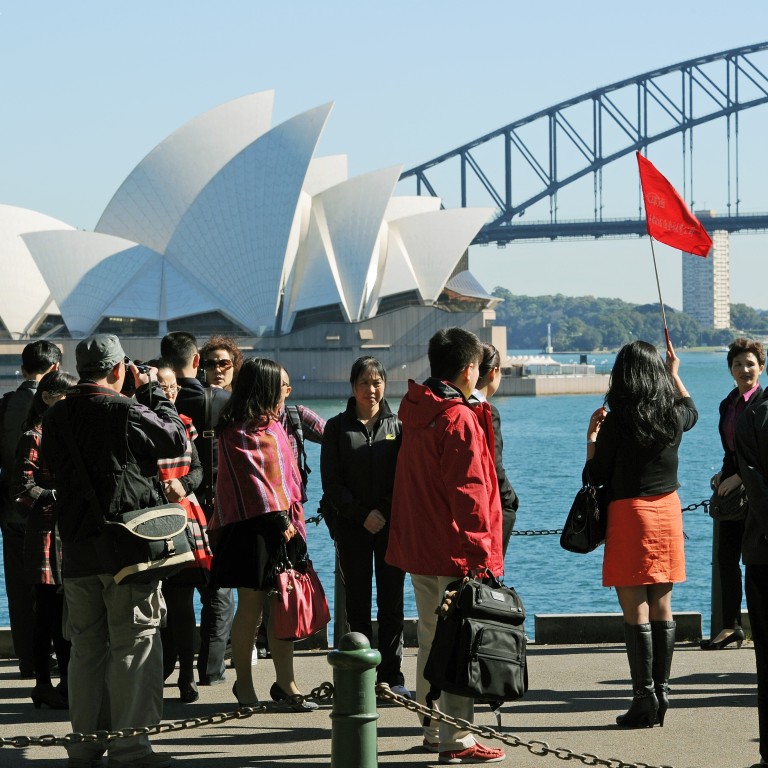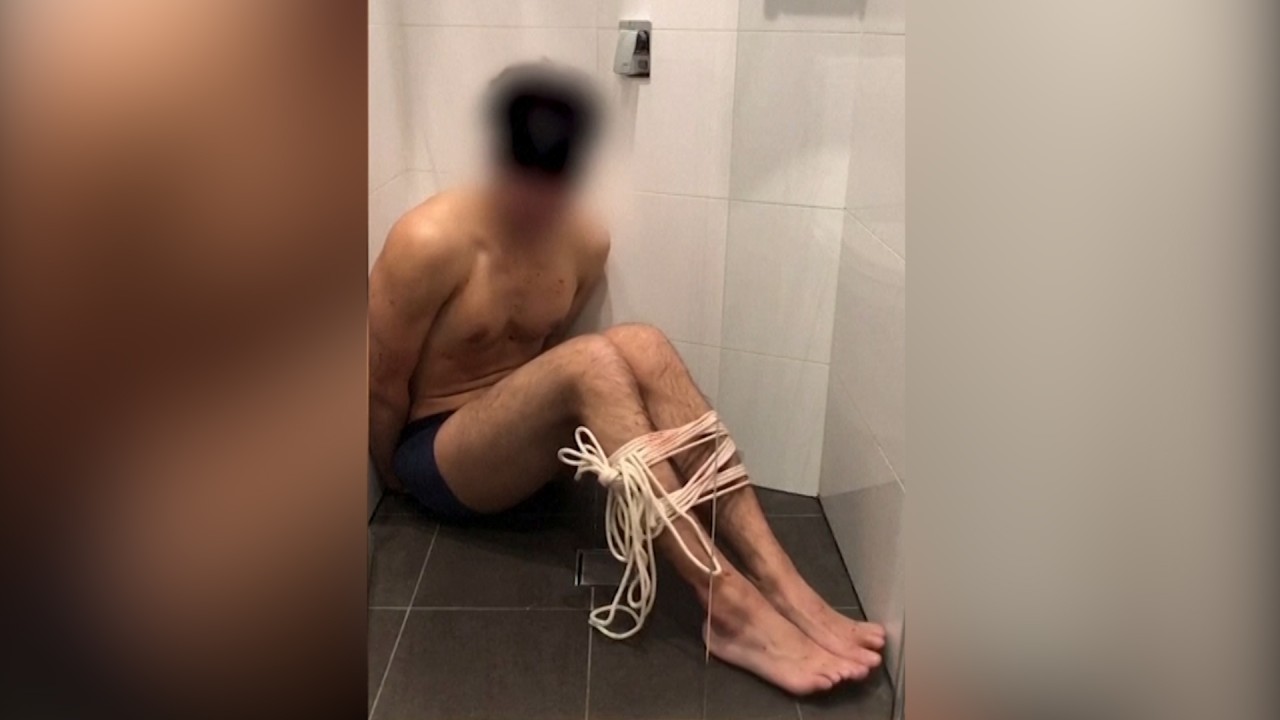
Chinese students in Australia are being targeted in kidnapping scams, police warn
- At least eight fake kidnappings have been reported this year, New South Wales state police say
- The scammers have netted some US$2.27 million in ransoms so far this year, with one family losing US$1.4 million
Families have lost millions of dollars in fake kidnapping scams targeting Chinese students, Australian police have warned, with about A$3.2 million (US$2.27 million) gained by fraudsters this year.
At least eight fake kidnappings in New South Wales had been reported this year in what is part of an elaborate global extortion racket, state police told broadcaster SBS.

01:39
Chinese students in Australia targeted in ‘virtual kidnapping’ scams, police say
In May, the Australian Federal Police said they were investigating at least 25 cases of kidnapping extortion scams targeting Chinese students across Australia.
“The victims are distributed among the major capitals, particularly where we’ve got concentrations of Chinese students,” Commander David McLean from the Cyber Crime Operations told SBS.
Australia set to open borders for international students
The scam typically begins with a fraudster contacting young Chinese students, speaking Mandarin and claiming to be from a Chinese government authority.
They threaten the victims with the risk of legal action and possible arrest in China, and persuade them to transfer money or to fake their own kidnapping and extort money from their family.
As part of the scam, victims have been coerced into cutting off phone and social media contacts, leaving their accommodation and sending mocked up photos of them tied up, with messages pleading for their families in China to send “ransom” money for their safe release.
These scammers seem to be targeting vulnerable members of the Chinese-Australian community
Police estimate the fraudsters have netted A$3.2 million dollars through the scam this year alone. One family sent A$2 million believing their daughter had been kidnapped.
Other victims have made between A$20,000 and A$500,000 in ransom payments.
NSW’s Detective Chief Superintendent Darren Bennett said the so-called “virtual kidnappings” have grown considerably in the last decade.
“While these phone calls appear to be random in nature, these scammers seem to be targeting vulnerable members of the Chinese-Australian community,” Bennett said in a statement to SBS.
Bennett said NSW police have been assured by the Chinese Consulate-General that no Chinese authorities will contact a student on their mobile phone and demand money be paid.
Australia cannot guarantee residency for Hongkongers, minister says
Earlier this year, a Chinese international student spoke to Australia’s ABC News about her ordeal being scammed.
The 21-year-old student said she was called by a person claiming to be from the Chinese embassy, who said she was involved in a case in China.
The student provided her personal details to the person over the phone, but her parents in China were alerted by authorities of the scam before any money was paid.
More than 1,000 “Chinese authority” scams were recorded last year by Australia’s consumer watchdog.
Exiled Chinese dissidents and members of persecuted ethnic groups have also reported harassment from Chinese authorities, including threatening phone calls.
Chinese officials said no authority would contact students on their mobile phone to demand money.
The warning comes as the university sector attempts to lure back lucrative international students online and prepare for any possible relaxation of virus travel restrictions.
New mega ports threaten Australia’s spot as China’s top source for iron ore
Education is Australia’s fourth-largest trade – behind iron ore, coal and natural gas – with more than 500,000 international students enrolled last year, bringing about A$37 billion into the economy.
The closure of its borders to travellers due to the coronavirus pandemic has crippled the sector and heightened tensions with Beijing has further threatened the flow of students to the country.
Last month China’s ministry of education warned students about “multiple discriminatory incidents against Asians in Australia” during the pandemic and discouraged students from returning to the country when the borders reopened.


.png?itok=arIb17P0)
